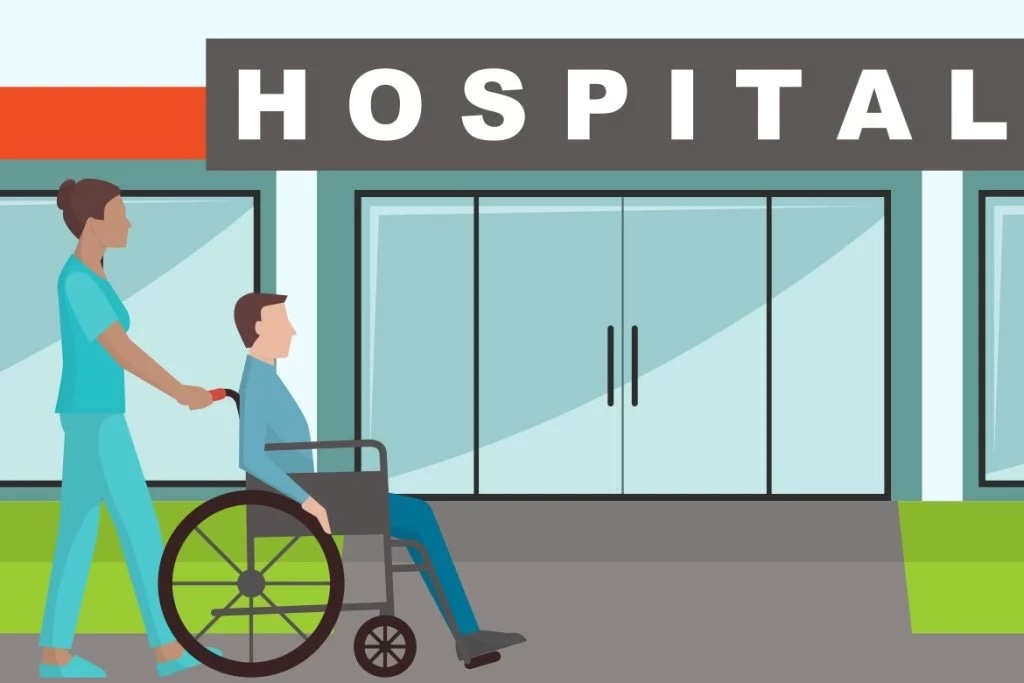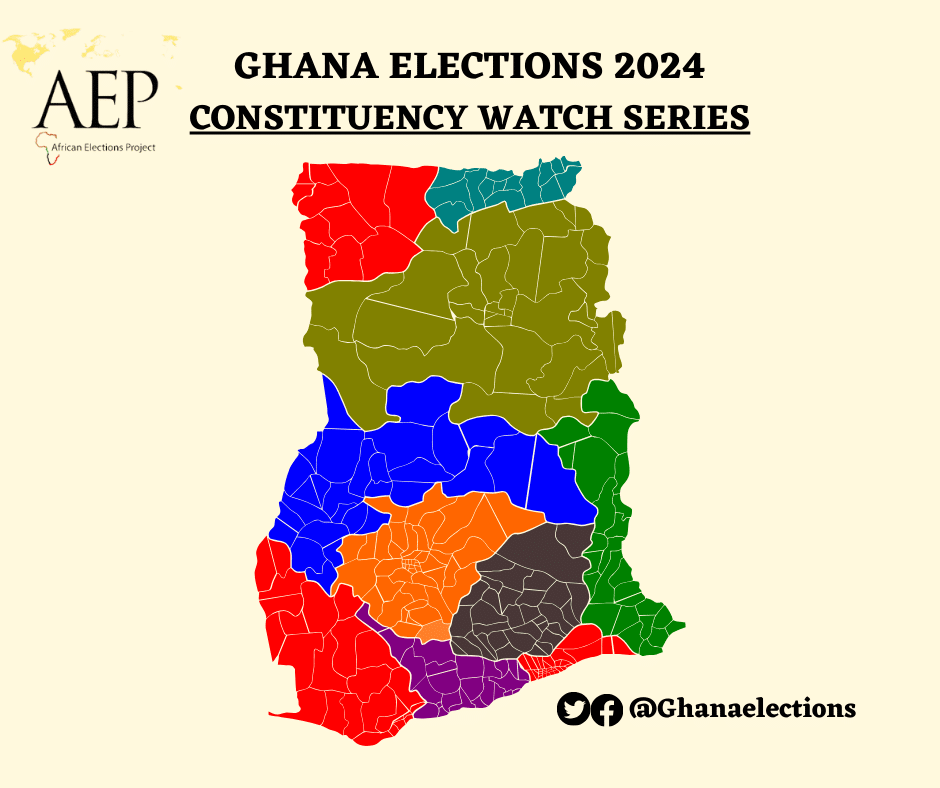According to the World Health Organisation, 10% to 15% of the population of every developing country lives with disability. This amounts to about 2.4 – 3.6 million Ghanaians with disability.
In every society, persons with disabilities (PWDs) seem to have lower incomes, complex health conditions and limited access to healthcare. Worldwide, 52% of persons with disabilities lack access to healthcare due to their inability to afford the visit, as compared to 32.8% of the population without disability (World Health Organisation, 2011). online casino singapore
Therefore, financing healthcare for persons with disabilities receives much attention in international regulations and policies. For instance, the UN Convention on the Rights of Persons with Disabilities (CRPD) (2006) recognizes the demand for accessibility as a way of creating equal opportunities for persons with disabilities in all aspects of life, including financial access to healthcare. The World Report on Disability also emphasizes the need to ensure that persons with disabilities get the same variety, quality, and standard of free and affordable healthcare as the population without disability (WHO, 2011). In Ghana, section 31 of the Disability Act 2006 mandates the formulation of policies to provide “free general and specialist medical care, rehabilitative operation treatment and appropriate assistive devices for Persons with Disabilities”
In addition, the type of healthcare required by persons with disabilities and the severity of their condition may have an influence on financial access to healthcare. While costs associated with the care of certain health conditions can be borne, to some extent, by most persons with disabilities and their families, it could be a huge financial burden for some.
The Ghana National Health Insurance Scheme is thus a welcomed news amongst persons with disabilities. In 2003, this policy was introduced under the Health Insurance Act 650, to replace the “cash and carry” system which demanded that clients make out-of-pocket cash payment at the point of service before gaining access to health services.
The primary objective of health insurance was to make healthcare affordable and increase the general use of drugs and healthcare, particularly among the most vulnerable. Insured individuals have the opportunity to use outpatient facilities and public providers, especially in lower-income communities.
However, according to the Ghana Federation of the Disability Organisations (GFD), persons with disabilities do not realise the full benefits of the policy due to some conditions related to exemption criteria.
The National Health Insurance Scheme was perceived from a general perspective instead of selectively addressing the specific needs of PWDs. This is because aids for the disabled, including spectacles, clutches, and wheel chairs which were deemed expensive were excluded from the NHIS list. This is rather unfair because what the Law assumes are the specialized needs of patients are rather the basic needs of PWDs.
Section 31 of part five (5) of the Disability Act states the Ministry of Health in formulating health policies shall provide for free general and specialist medical care, rehabilitative operation treatment and appropriate assistive devices for persons with total disability but the NHIS is silent on this provision.
Persons with Disabilities in Ghana have, over the years, bemoaned acts of discrimination in access to public services and facilities due to the nature of such. Access to basic healthcare should not be added to this already tall list. There is a need for a relook at provisions in the Disability Law and the NHIS Law as well as the exclusion list of the NHIS with particular focus on the healthcare needs of Persons with Disabilities.






